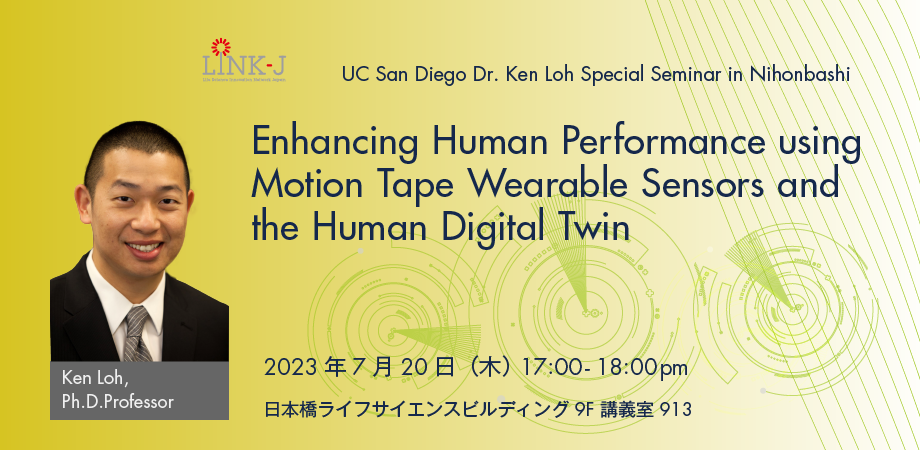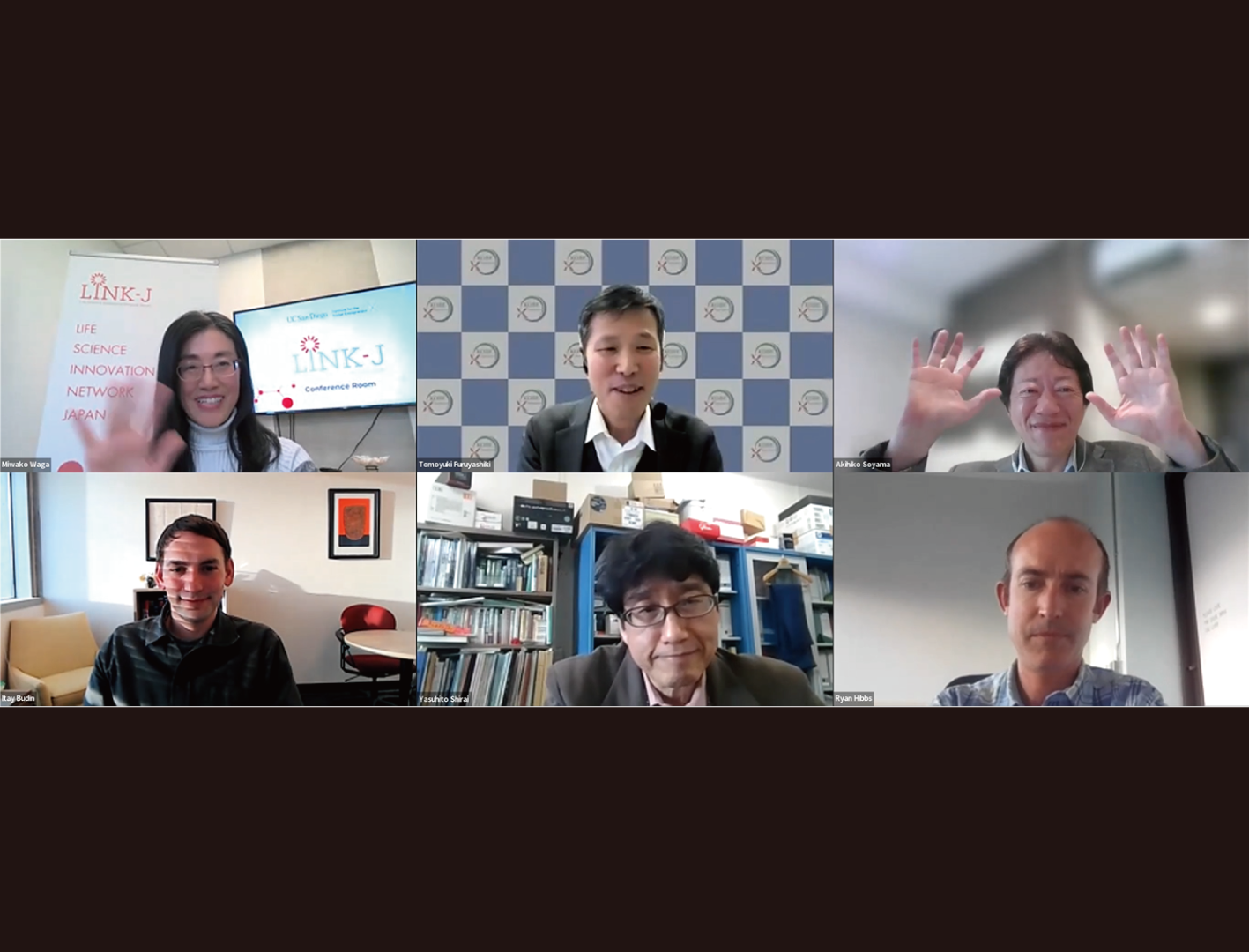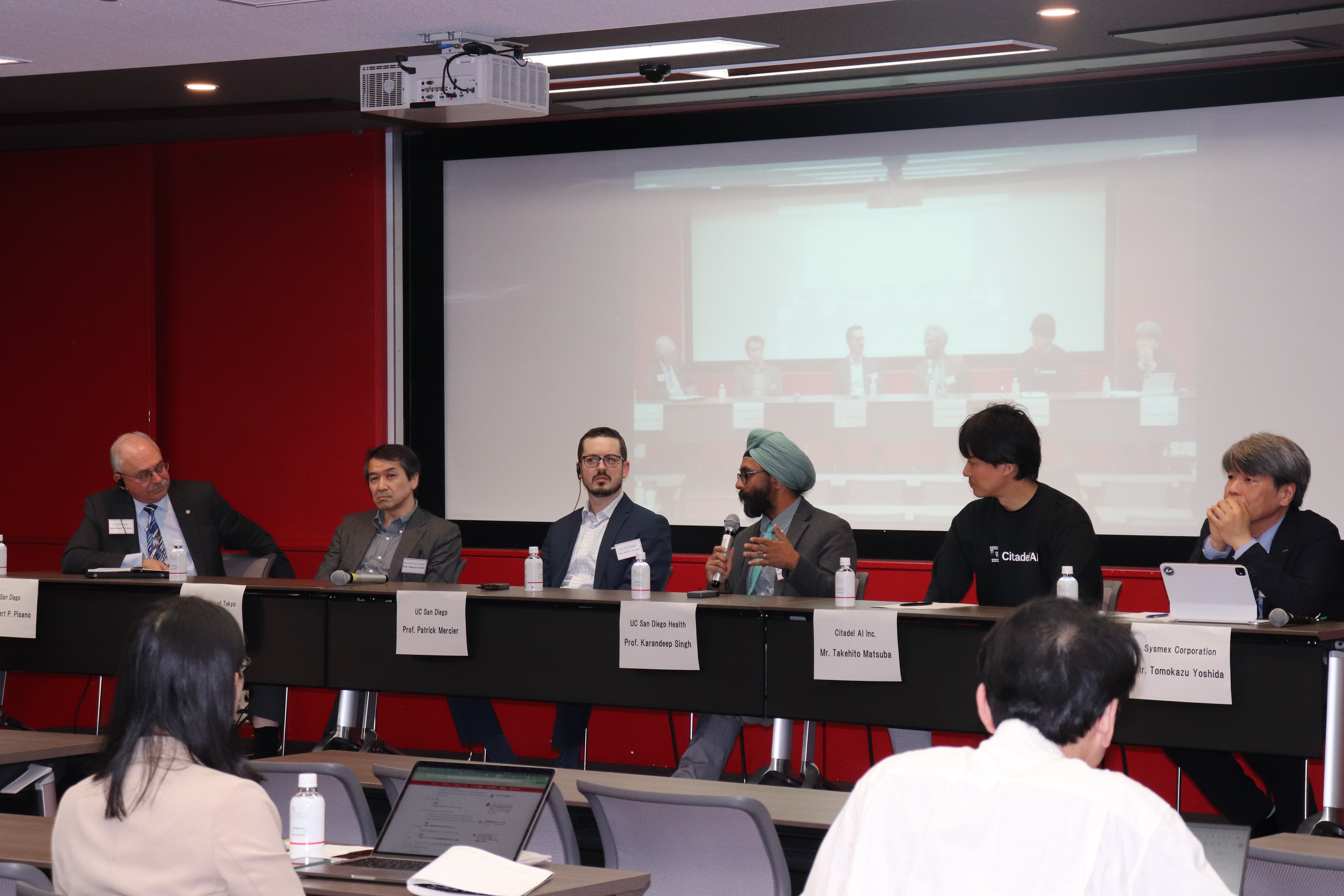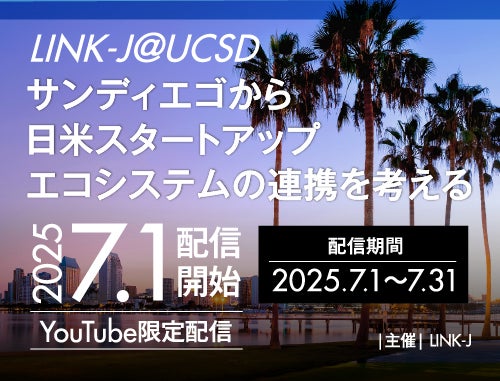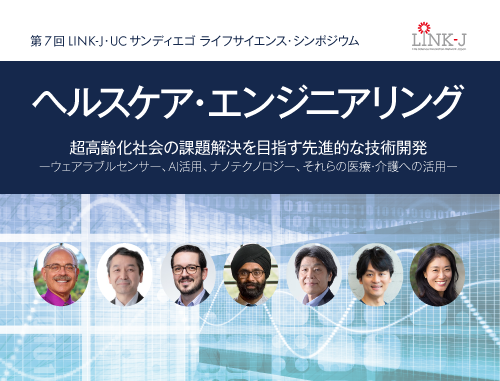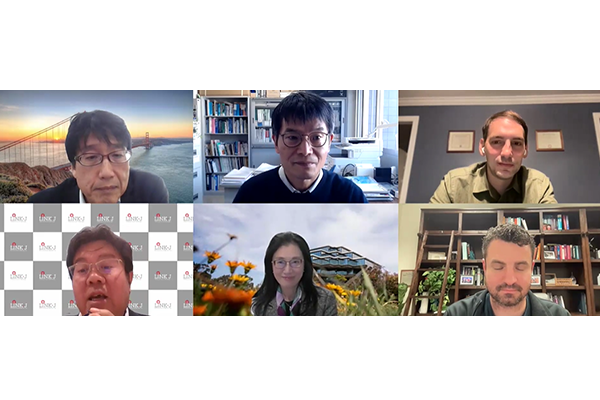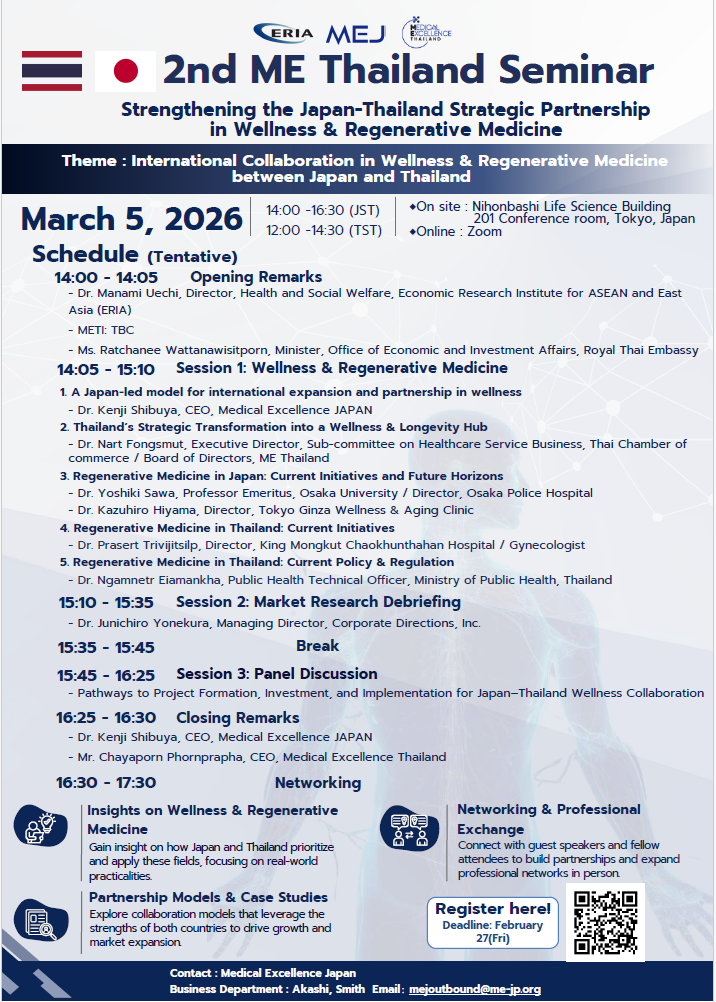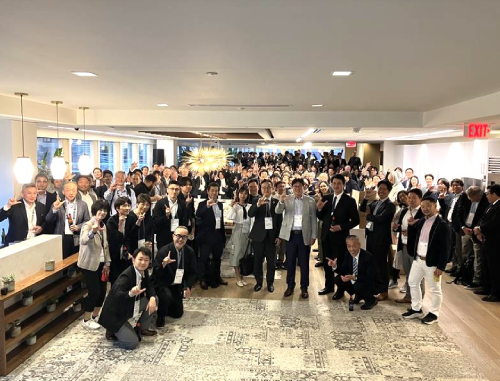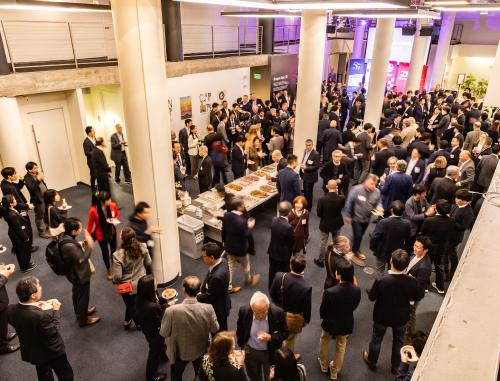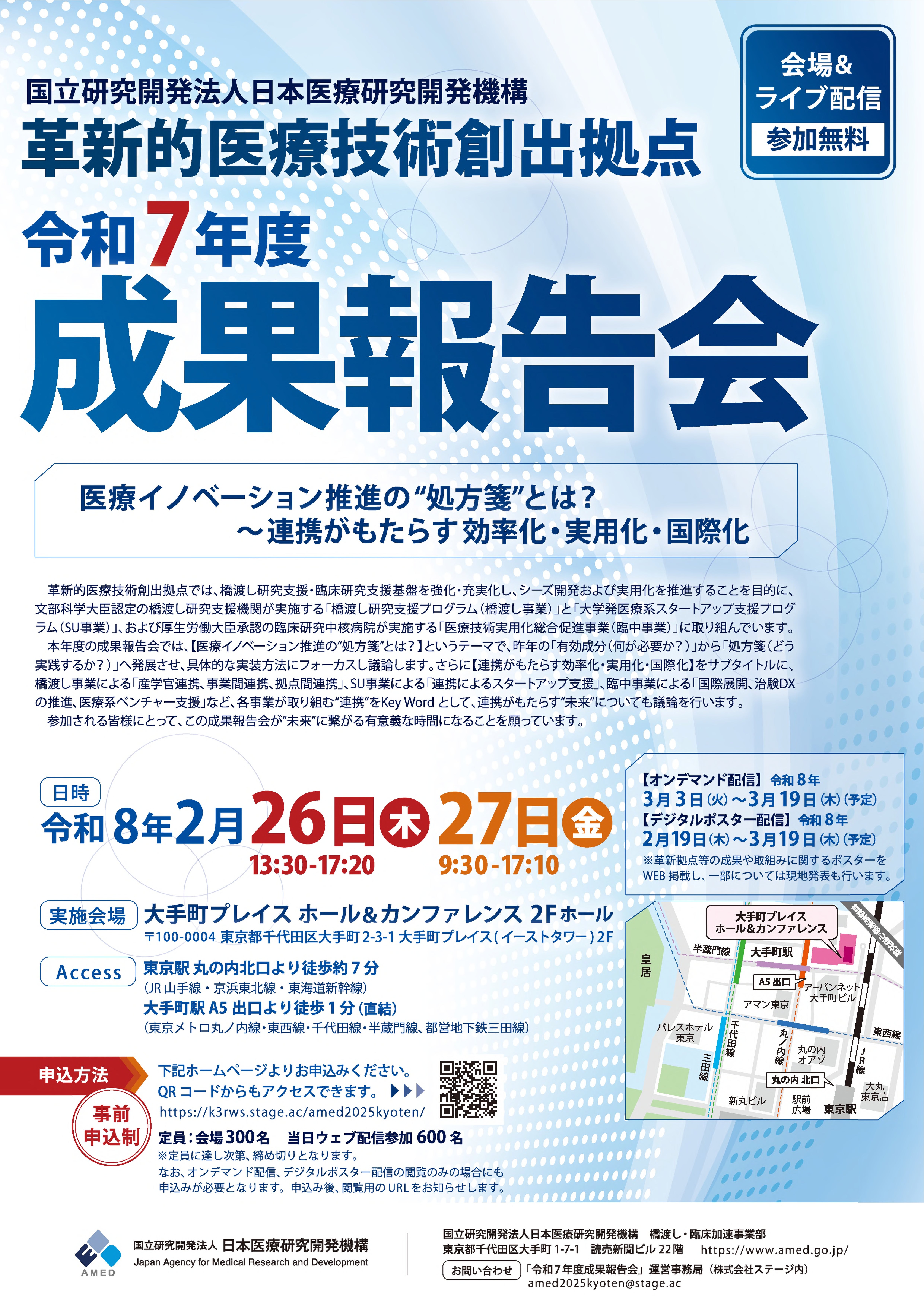"Enhancing Human Performance using Motion Tape Wearable Sensors and the Human Digital Twin"
UCサンディエゴのActive, Responsive, Multifunctional, and Ordered-materials Research (ARMOR) Laboratoryを率いるDr. Ken Lohが来⽇され、デジタルツインを⽤いた人の能力向上についての講義を⾏います。
ぜひみなさまご参加ください!
言語:英語
会場は現地のみとなり、オンライン配信はございません。
申込締切
7月20日(木)0時
プログラム
4:45 pm- Open the floor/registration/business card exchange
5:00-5:40 pm Dr. Loh's talk
5:40-5:55 pm Q&A
5:55-6:00 pm Networking (business card exchange, individual Qs)
Abstract
Simply put, we live to move, whether it is for work, recreation, or to carry out day-to-day tasks and duties. In terms of sports and the military, improving and optimizing how we move can result in better performance, such as hitting a golf ball more accurately or demonstrating excellent marksmanship. On the other hand, aging and musculoskeletal injuries can disrupt our ability to move. Physical therapy, which teaches us how to enhance our muscles, can facilitate faster recovery and the regaining of lost physical function. However, we may not know how to best perform these movements, even if one is working with a sports coach, trainer, physical therapist, or clinician.
The objective of this seminar is to discuss the development of an individualized Human Digital Twin that uses machine learning algorithms to process novel wearable sensor data for identifying movement deficiencies and providing specific feedback that can result in improved human performance. However, relevant sensing data that describes how people perform specific movements are needed. To fill this technology gap, a self-adhesive, elastic fabric, nanocomposite skin-strain sensor has been developed, tested in controlled laboratory environments, and validated through human subject studies.
It has been found that these “Motion Tape” sensors are able to not only measure skin-strains during functional movements, but their measurements are also correlated with how muscles engage. In this study, human subjects wore Motion Tapes at major muscle groups, and exercises that simulated sports and military training activities were performed. Individuals were first asked to perform a functional task, before being asked to repeat the task after instructional training.
The outcomes of these tasks were recorded, as well as kinematic data using motion capture and movement and muscle engagement response using Motion Tape. Then, machine learning algorithms were implemented and trained using labeled Motion Tape datasets, specifically, to classify movement sequences that resulted in positive versus negative task outcomes. The remaining datasets that were not used for training were used to validate the data-driven Human Digital Twin for classifying “good” versus “bad” movements while providing specific feedback on how movements can be corrected to result in desirable outcomes.
Speaker Introduction
Dr. Ken Loh is a Professor and was the former Vice Chair (2018-2021) of the Department of Structural Engineering at UC San Diego. He is the Director of the Active, Responsive, Multifunctional, and Ordered-materials Research (ARMOR) Lab and is the Director of the UC San Diego, Jacobs School of Engineering, Center for Extreme Events Research (CEER). He is also an affiliate faculty member of the Materials Science & Engineering Program and the Center for Wearable Sensors.
Dr. Loh received his B.S. in Civil Engineering from Johns Hopkins University in 2004. His graduate studies were at the University of Michigan, where he completed two M.S. degrees in Structural Engineering (2005) and Materials Science & Engineering (2008), as well as a Ph.D. in Structural Engineering in 2008. He started his Assistant Professor career in January 2009 in the Department of Civil & Environmental Engineering at UC Davis, before joining UC San Diego in January 2016.
His research interests are in multifunctional and stimuli-responsive materials, tomographic imaging techniques, wearable sensors, active metamaterials, and soft material actuators applied towards solving problems related to human performance, structural sustainment, and human-structure interactions.
In addition to academic career, Dr. Loh is a Junior Officer in the U.S. Navy Reserve and a co-founder of a start-up company called JAK Labs.
参加費
無料(要事前登録)
定員
30名(会場参加のみ)
主催
主催:University of California San Diego
共催:一般社団法人ライフサイエンス・イノベーション・ネットワーク・ジャパン(LINK-J)
